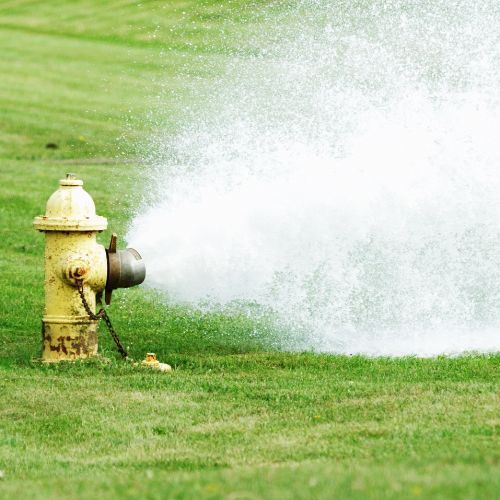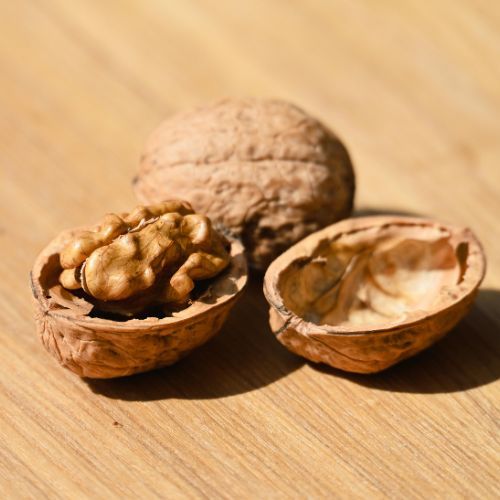World Incontinence Week 2020

Can you laugh without leaking?? This simple, seemingly silly question is the tagline for the 2020 World Continence week. And it’s no laughing matter.
This year, World Continence Week runs from the 18th to the 24th of June with events across the country. Incontinence is where you have an involuntary loss of urine, wind or stools. Some people may experience bladder or bowel incontinence because of an urge to empty, and they are unable to make it to the toilet in time.
Incontinence affects 1 in 3 women, 1 in 5 men and 1 in 4 kids/adolescents. These statistics highlight how prevalent incontinence is amongst our community and it can be treated and managed, and in many cases cured.
How can a Pelvic Health Physiotherapist help you?
Pelvic floor muscles are key to maintaining continence of both your bladder and bowel. As muscle and exercise experts, specially trained Physiotherapists can assess, diagnose and treat your incontinence.
At Pelvic Health Melbourne, our Physiotherapists have all accessed additional post-graduate education and training enabling them to assess and manage dysfunction in these muscles in both Men, Women, children and the LGBITQ community. We can play an active role in the prevention, treatment and management of incontinence, before and after diagnosis.
Who Can We Help With Pelvic Floor Dysfunction?
- Pre and post pregnancy is often the first time many women think about their pelvic floor. This is a time when a healthy pelvic floor is so important, and our physiotherapists play a huge role in the education and exercise to prevent complications and aid in recovery post birth.
- People with a history of constipation or chronic respiratory problems can be more at risk of incontinence. GPs often refer patients to Physiotherapists for early assessment.
- We see many children who are experiencing incontinence including soiling, bed wetting and day time incontinence which may be the result of developmental delays, sensory processing disorders, poor toilet habits or fear of toileting.
- Pre and post gynaecological surgery or men pre and post-prostate surgery and
- Anyone who is just not sure if they are looking after their pelvic floor correctly.
After a comprehensive assessment, your Pelvic Health Melbourne Physiotherapist may include:
- Pelvic floor muscle training
- Bladder retraining
- Relaxation
- Timed visits to the toilet Toilet positioning to improve symptoms of incontinence
- Many more individualised treatment options for your specific issue
In an ideal world, we would all be made aware of the importance of our pelvic floor and good toileting habits when we are still school aged. The word is getting out, and more people are talking about how they have prevented or overcome incontinence with the right care – through working with Physiotherapists, GPs, Gynaecologist, Urologist and Dietitians.
Incontinence is not something that people need to put up with. It is not something that we should keep quiet about, and it is not something that only happens to your grandmother. Don’t be afraid of having a laugh, sneezing in public or jumping in a puddle with your kids.
At Pelvic Health Melbourne we play an active role in the management and prevention of incontinence.
Book your appointment with our friendly team now!
More from the blog







